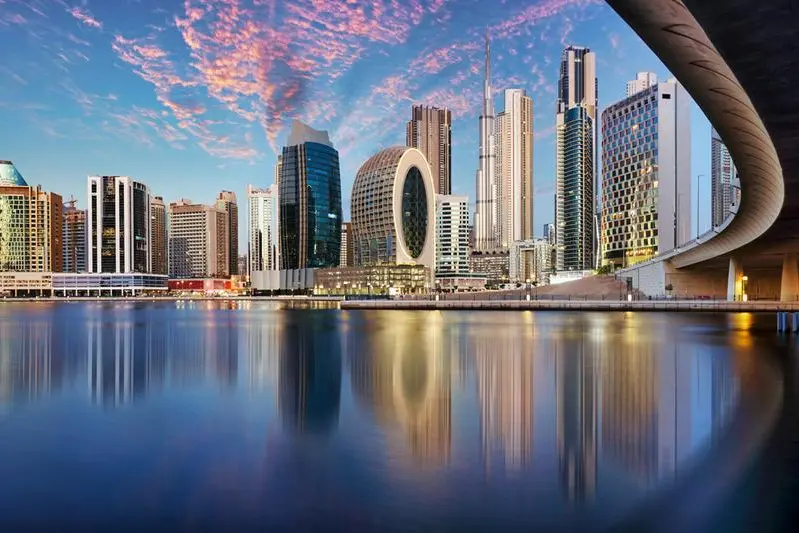PHOTO
The fiscal situations in the Middle East and North Africa can be improved by adopting a subsidy reform strategy, Kristalina Georgieva, the IMF's managing director, said at the opening remarks of the Fiscal Forum at the World Government Summit (WGS) in Dubai.
Phasing out explicit energy subsidies could save $336 billion in the region — equivalent to Iraq’s and Libya’s economies combined — including in oil-exporting countries, Georgieva said.
"In addition to savings, it discourages pollution and helps improve social spending—a triple dividend," she said.
Egypt, Jordan, and Morocco have succeeded with comprehensive subsidy reform plans featuring robust public communications, appropriate phasing of price increases, and targeted cash support for the most vulnerable, the IMF's managing director noted.
RELATED STORY: Global economy surprisingly resilient, will have "soft landing" in 2024 - IMF at Dubai's World Government Summit
Georgieva also highlighted the importance of mobilizing revenues and improving the performance of state-owned enterprises.
Countries can expand tax capacity with stronger institutions, better-designed frameworks, and more robust revenue collection, Georgieva said.
Dubai is hosting WGS under the theme of 'Shaping Future Governments' where the conversation will involve governments, international organizations, thought leaders, and private sector leaders from around the globe.
(Writing by Seban Scaria seban.scaria@lseg.com; editing by Daniel Luiz)




















